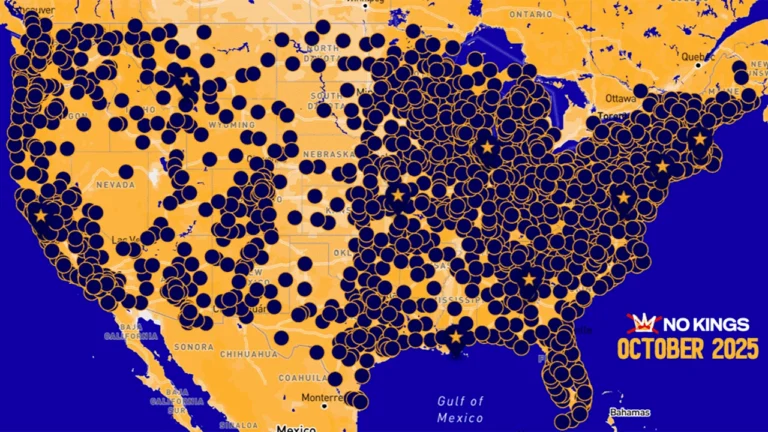Daniel Balakov/Getty Images
- When my family of seven runs into unexpected costs, we start no-spend weeks.
- During those weeks, we limit spending, use everything in the pantry, and look for free activities.
- I found that no-spend weeks help us stay connected and intentional.
When my partner and I just finished a massive laundry room remodel that stretched our budget a bit, the worst happened. The contractor was putting the finishing touches on the floorboard. He pulled up a piece of wood and found black mold near the fridge from a leak, and kept finding more and more, down through the floorboards to the basement.
We didn’t know that our home remodel “part two” had just commenced, costing us thousands.
This scenario and others are just part of daily life in a family of 7: a pediatric dermatology bill, emergency baseball gear, and bodywork repair when a teen threw a rock at my van.
When life happens, we pull out our go-to strategy, which we’ve gamified for our kids — the no-spend week challenge.
How it works
When our budget gets tight, the whole family takes a step back from spending for a certain amount of time. It can last a week or just a few days. Sometimes, we refer to it as “holding the line” — the line being the credit card balance.
It works best with a clear goal and an end in sight, such as a few days from the end of a credit card cycle, when we are happy with how much we’ve spent.
Of course, we spend what we really need to — like food — but no extras.
Who knows how much longer our five little kids will still think this is fun, but for now, it’s a lifesaving strategy when a fridge leak or a medical bill threatens our financial peace.
We start making easy cuts to our budget
My favorite afternoon splurge is a stop at the best coffee store in town, which is not a chain and thus has some higher prices to stay afloat. This is the first weekly splurge to go, or at least to move to next week.
Courtesy of Alexandra Frost
Amazon is always a source of serious spending in our house — from detergents to underwear, toilet paper, and paper towels to staplers. Many things in our home that fall into the pretty essential category have come from Amazon. Yet, anytime I go on the app, it seems to quickly add up to $75.
But during no-spend days or weeks, I try to avoid Prime completely and just include true essentials with our weekly grocery order instead. Nobody really needed that new Apple watch band or extra pair of leggings anyway.
We focus on intentionality
If you look in my fridge right now, there are three cauliflower heads. That’s not because we love cauliflower that much; it’s because I often order the same things on repeat for our weekly grocery bill, whether we really need them or not. But during no-spend weeks, I pare down the groceries to things we truly need.
I also take better stock of the pantry and cabinet to see what we truly need. The side effect of this is that we are finally able to get to the bottom of the pasta box in the pantry or use up the least favorite kind of chips the kids haven’t eaten.
I also find myself getting more creative during no-spend days. We wrapped a birthday present with a funny Christmas gift bag because, well, who cares. We made smoothies with fruit that’s going bad instead of buying some. There’s something immensely gratifying about using up things you already have.
The kids even jumped in, trying to think of creative ways to do things for free those weeks. They recently loved running up the huge hill by the park and watching the sunset. All of it was free.
No-spend weeks help us save money and bring us closer
I make sure my family is never deprived during no-spend periods. If someone needs an emergency pair of shoes, I’ll find myself saying, “Sure, let’s talk about it next week after I get paid a bit more.” And then, we do, and they are one step closer to adults who can handle delayed gratification.
In limiting our spending, we are all working together to make our lives more comfortable in the long run. It isn’t always easy, but we always make it out the other side.
No-spend days and weeks unexpectedly show us what’s really important and what we really do need — connection and intention.


